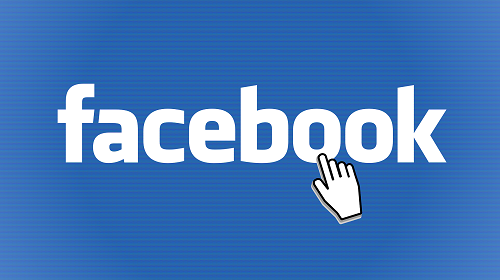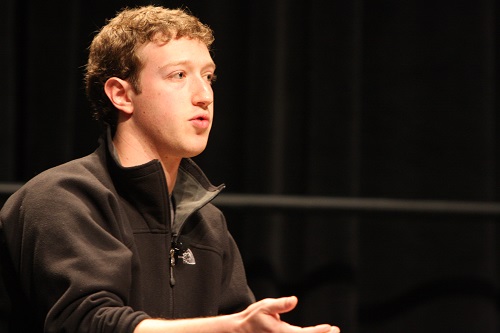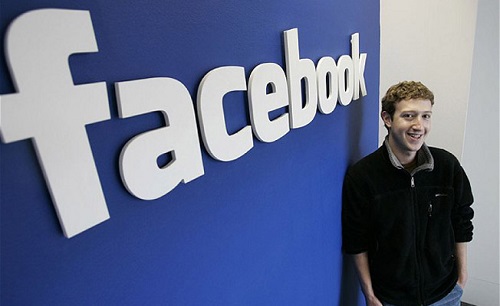Brain-Operated Tech and Other Ideas Discussed in Facebook’s F8 Developer Conference
Image Source: Pixabay
Mark Zuckerberg posted on his Facebook page that they’re currently trying to develop technology that uses the brain to directly control computers. The post goes on to say that they are currently working on a system that lets a person type straight from the brain about 5 times faster than he or she can can type on the phone and that they eventually plan to turn it into a wearable technology.
The actual term they’re using is “silent speech” software and Facebook claims that it allows people to type at a rate of 100 words per minute. They also claim that the new technology will allow computers to detect brainwaves without needing invasive surgery.
Regina Dugan, who leads the company’s hardware research lab known as Building 8, assures that isn’t looking to decode a person’s random thoughts. Rather they are trying to decode thoughts that people share as words. A silent speech interface that is comparable to talking. They intend to build both hardware and software for it and to do this, they have hired a team of more than 60 scientists and academics to work on the project.
This is just one of the many ideas and projects that they have discussed in Facebook’s F8 developer conference in San Jose this year.
The Developer’s Conference
Image Source: Wikipedia
Facebook’s F8 Developer’s Conference is the company’s annual tech conference for developers and entrepreneurs who build products and services around the website. Its where they often introduced new features for Facebook, and made new announcements. The first conference was held on May 24, 2007, at the San Francisco Design Center in San Francisco.
Apart from announcing Facebook’s projects is the 8-hour hackathon, which is taken as F8’s tradition. F8 happens every year since 2007, except 2009 and 2016 for some reason. This year they talked about lots of technologies Such as the new Messenger Platform 2.0 that debuts in this year’s conference, and updates for Instant Games, Facebook Gameroom and Gaming Video.
From social media website to tech development
Image Source: menxp
Facebook grew from a simple social media website to a giant corporation that also develops both hardware and software technologies. They have to always innovate the website, giving its users more content through continuous innovation of ideas, or risk becoming stale, like its unfortunate predecessor, Friendster. But to even grow bigger, it needs to branch out to other fields. This is when Facebook started acquiring or developing software and hardware in other fields of technology, some of which they incorporate into the website’s functionalities. One such field they dabbed into is Virtual Reality.
In April 2012, a guy named Palmer Luckey made an announcement about the Oculus Rift, a virtual reality headset that’s designed for video gaming. He launched a Kickstarter campaign last August that made the availability of virtual reality headsets possible to developers. In March 2014, Mark Zuckerberg agreed to buy Oculus for US$2.3 billion in cash and stock.
Facebook now oversees the company under the name Oculus VR. It has a range of products, both hardware and software, related mostly to the VR headset. The uses though is a bit limited right now to such things as media or gaming.
Another field they have contributed so much to concerns free and open source software. They have a lot of projects going on, such as Buck, which is a high performance build tool. Another is the HipHop Virtual Machine which is designed for executing programs written in Hack, and PHP. Hack is the open-source programming language for the HipHop Virtual Machine (HHVM), created by Facebook as a dialect of PHP.
They also developed and incorporated into their website technology such as video calls, or tech that concerns protection of privacy. Facebook allowed users to connect to the website through a Tor hidden service using the privacy-protecting Tor browser and encrypted using SSL.
It just shows that Mark Zuckerberg has a passion for technology. Facebook will definitely grow bigger and users will definitely enjoy using the website more as they continue to develop different technologies and incorporate them into its features.


